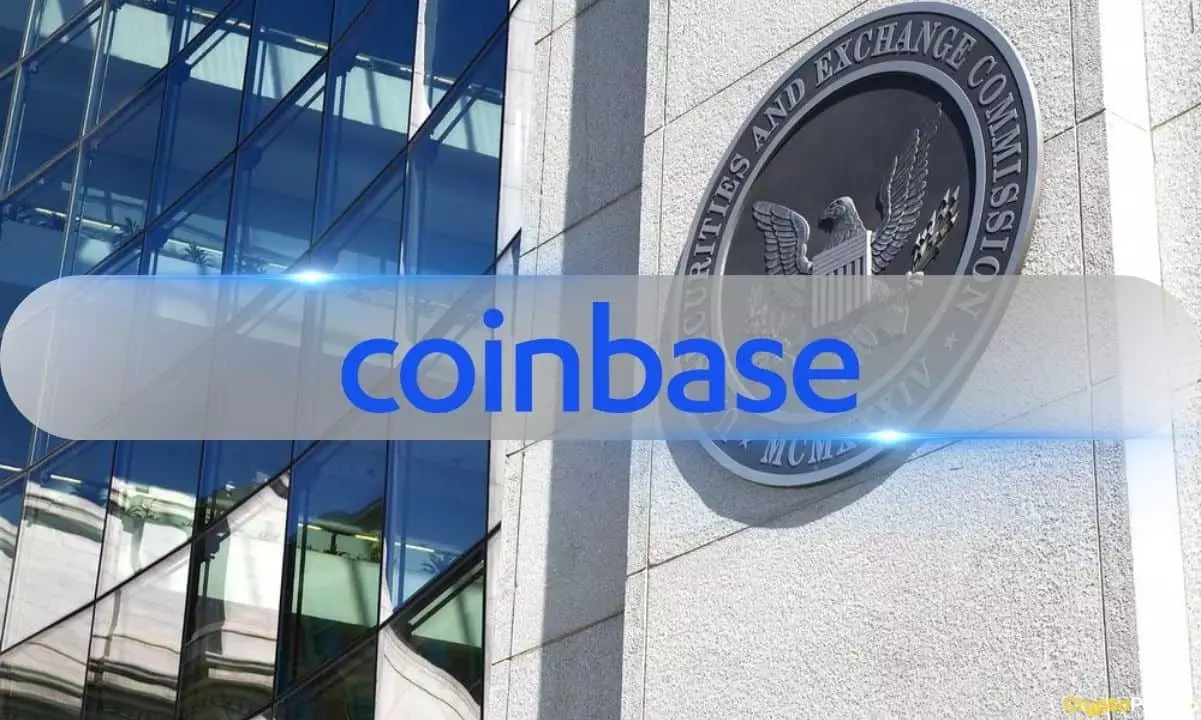Coinbase recently submitted a comment letter criticizing the US Securities and Exchange Commission’s (SEC) cost-benefit analysis of the proposed rule. The letter pointed out significant flaws in the SEC’s assessment of the rule’s economic impact on efficiency, competition, and capital formation. Despite admitting a lack of crucial information on decentralized exchange (DEX) operations and compliance costs, the SEC proposed vague benefits that may not materialize, especially if DEXs are forced out of the US market.
Paul Grewal, Coinbase’s chief legal officer, highlighted that the SEC should withdraw the proposal and conduct comprehensive research before revisiting it. The letter criticized the SEC for failing to gather essential information on DEXs, admitting gaps in understanding key aspects of their operation, and making unfounded assumptions based on non-DEX entities. Coinbase argued that the SEC’s approach is arbitrary and irrational, as DEXs function differently and would incur exorbitant compliance costs.
Uncertainty for Industry Participants
Coinbase’s letter also addressed the SEC’s inconsistent approach to classifying digital assets as securities, leading to uncertainty for industry participants and the legal system. The proposed changes further added to this uncertainty by ambiguously stating that digital assets may or may not be securities. This lack of clarity undermines the reliability of the cost-benefit analysis, according to Coinbase.
Furthermore, Coinbase expressed concerns about the rule’s potential negative impact on its services and the broader market. By potentially driving DEXs out of the market, the proposal could disproportionately affect smaller players due to high compliance costs, favoring larger incumbents unfairly. The vague language of the proposal also adds to the compliance burden, with the SEC seemingly ignoring assessment costs that it had previously acknowledged.
Coinbase’s critique of the SEC’s proposed rule highlights several key issues with the agency’s cost-benefit analysis and approach to regulating digital assets. The letter calls for a more thorough and research-based assessment that considers the unique nature of DEXs and ensures regulatory clarity for industry participants. Ultimately, addressing these flaws is crucial to fostering a more competitive and efficient market environment for cryptocurrency exchanges and investors alike.

